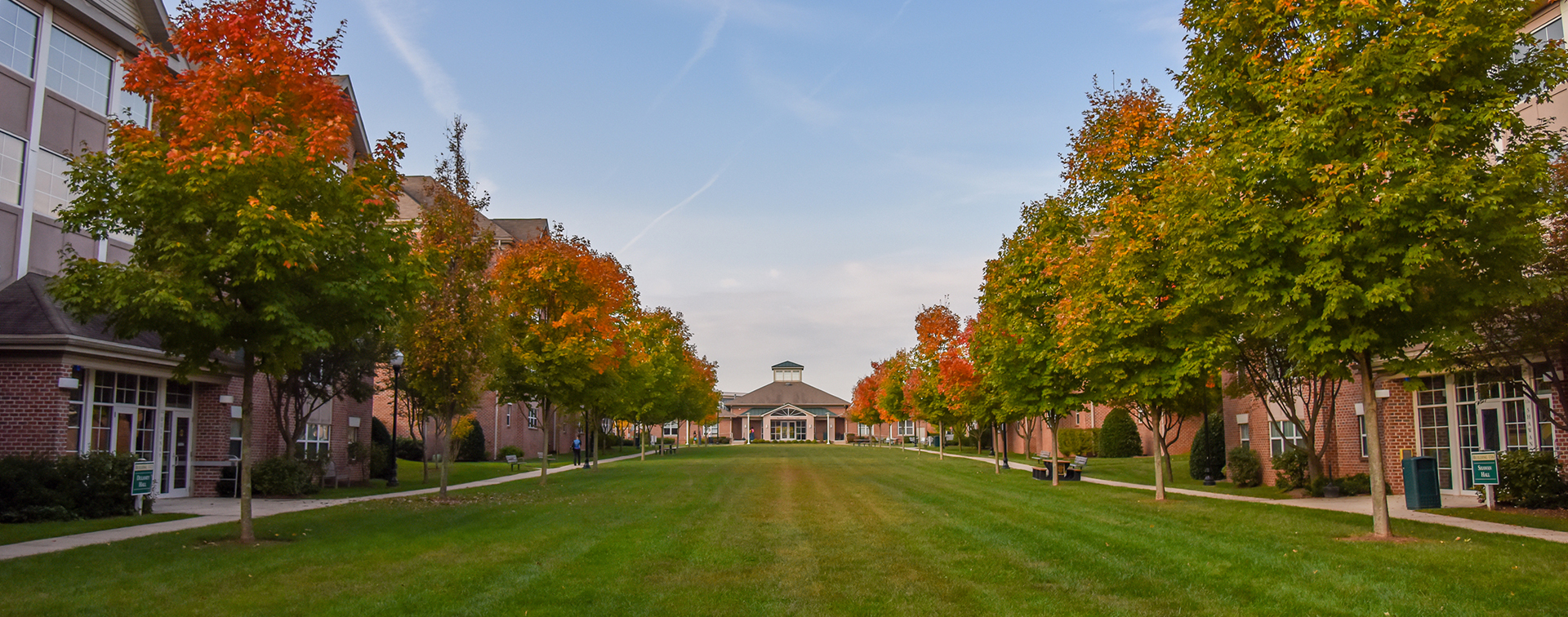The purpose of this policy is to promote the well-being and security of minors entrusted to ������ýֱ��’s care during their participation in programs on campus or off-campus sponsored by the university. This policy is intended to ensure a safe, welcoming, and productive environment in which all members of the University community can meet their needs and achieve their goals within the primary mission of the University.
Definitions
Minors on Campus: all programs and activities offered on campus by student organizations or various academic, athletic, or administrative units of the University for participants under the age of 18, including, but not limited to, the hosting of an individual minor by an individual faculty or staff member.
- Adult: an individual 18 years of age or older.
- Authorized adult: an individual age 18 or older, paid or unpaid, who interacts with, supervises, chaperones, or otherwise oversees minors in program activities or in recreational and/or residential facilities on behalf of the University. This includes, but is not limited to, parents, guardians, faculty, staff, volunteers, graduate and undergraduate students, interns, employees of temporary employment agencies, and independent contractors/consultants. The authorized adults’ roles may include positions such as counselors, chaperones, coaches, and instructors.
- Direct contact: interacting with, supervising, chaperoning, or otherwise overseeing minors in program activities or in recreational and/or residential facilities on behalf of the University.
- Minor: an individual under 18 years of age.
- Research laboratory: a University facility that provides controlled conditions in which scientific or technological research, experiments, and/or measurement may be performed.
- Visitor: an individual, regardless of age, in a University facility who is not an employee, student or volunteer.
- Volunteer: an individual, regardless of age, who provides support to, or on behalf of, the University and has no legal duty to do so, has no personal interest or gain from the activity, and receives no compensation or consideration for the support provided.
Exclusions
This policy applies to all minors on campus programs with the exceptions of the following minors:
- Minors who are visitors in the workplace.
- Minors enrolled or admitted for enrollment at the University.
- Minors attending events on campus or events sponsored by the University that are open to the general public.
- Minors on school/organization trips accompanied throughout the trip by an adult chaperone from their school/organization.
- Minors attending official admission events hosted by the Admissions Office.
- Minors participating in pre-enrollment visitation or recruiting activities governed by NCAA or US Department of Health and Human Services regulations.
Background Screening
The following criminal background screening requirements apply to students, faculty, staff, and volunteers who are anticipated to have direct contact with minors in the course of their University activities.
- Criteria and process for determining who must be screened.
- Anyone, including but not limited to graduate/undergraduate student assistants, faculty, staff, volunteers, and consultants or contractors, who in the course of their program duties or assigned responsibilities will or may have direct contact with minors is subject to criminal background screenings regardless of the supervision structure in place.
- Colleges/departments/ or programs are responsible for determining who meets the criminal background check criteria. Each individual who meets the defined criteria should be evaluated for eligibility by the respective vice president, dean, director, etc.
- Scope
- Human Resources will use the designated University vendor to verify social security number and conduct a criminal background check for all University students, faculty, staff, and volunteers in compliance with the procedures set forth in this policy.
- In the case of consultants or contractors, the criminal background check requirements shall be included in the contractual agreement between the University and the consultant or contractor.
- Timing/frequency. Screening must be done as follows:
Initial screening:- New employees at the point of hire
- Volunteers
- Returning/seasonal employees upon rehire
- Consultants/contractors prior to commencing any project or providing any services
Current employees:
- All current employees determined to be subject to background screening will undergo a criminal background check and be required to complete a self-disclosure form reporting any arrest or conviction unless an equivalent screening has taken place within the past three years.
- All current employees who have an internal job transfer or any change of duties that add activities with direct contact with minors, will be subject to a background screening prior to commencing those duties.
Rechecks:
- All current employees determined to be subject to background screening will undergo a criminal background check at least every three years utilizing the designated University vendor.
- A criminal background check will be conducted upon self-disclosure of criminal activity.
- The University reserves the right to conduct background checks of current employees when it has reasonable grounds to do so (e.g., no recent check was performed, a workplace incident has occurred, upon self-disclosure of criminal activity, or upon the University being informed of such activity, etc.).
- Notice and authorization
- Job candidates are informed during the on-campus interview stage that employment at the University is contingent upon the successful completion of a background check and a check of their credentials. University students, faculty, staff, and volunteers are notified at the time they become subject to this policy’s background check requirements according to the criteria stated herein.
- In accordance with federal law, the University must secure a signed authorization which permits the University to obtain background check results from a third-party reporting agency. Such authorization shall remain in effect for the duration of an individual’s employment or volunteer status with the University, unless or until their employment duties or volunteer support status no longer includes contact with minors.
Training
- All faculty and staff whose job duties bring them into direct contact with minors must complete the required training at the time of hire and thereafter annually. This includes temporary/short-term program staff and volunteers.
- Orientation for these employees/volunteers must include discussion of the implications of these rules/guidelines specific to the operations of their program.
Reporting
All University employees who in the course of employment receive information related to physical or sexual abuse of minors must immediately report such information to the Vice President of Human Resources/Title IX Coordinator and Campus Security.
Compliance
Violations of this policy may result in disciplinary action for an employee/volunteer, up to and including probation, suspension, and/or termination of employment/volunteer duties, reassignment of duties to prohibit interaction with minors, or dissolution of any program involving minors.
(Approved Nov. 2018)






